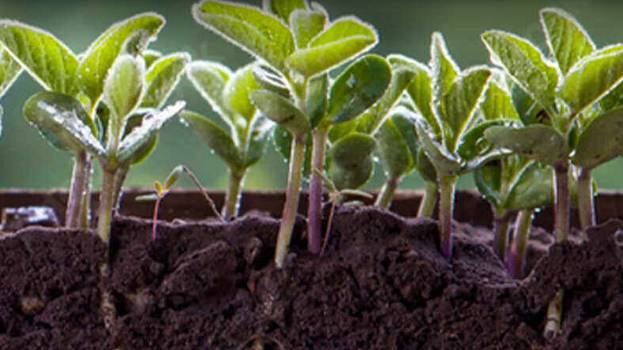Firmly Taking Root, Seed Treatment Continues to Expand
As the fastest growing segment of the agricultural input industry, the $2.6 billion global seed treatment market continues to be recognized as a cost-effective and environmentally favorable means of increasing crop productivity, according to Kline’s just published “Seed Treatment Global Series: Market Analysis and Opportunities” report.
The United States remains the leading seed treatment market, claiming over 38% of global market share; however, China and Brazil in particular have eroded this lead over the last five years. Brazil now accounts for nearly 21% market share. Of the 10 leading crops encompassed by the report, corn/maize accounts for well over one-third of 2011 seed treatment sales, followed by wheat at just under one-fourth.
With at least 50% to 60% of crop yield provided by genetics, it has become increasingly important to protect the initial investment in seed and planting costs. Genetically engineered seed traits have raised the cost of the seed because of technology and licensing fees, and growers are consequently strongly motivated to reduce seeding rates. Improved seed treatments that ensure adequate plant stand to maximize yields are putting the seed treatment market segment to the forefront.
“Seed treatments are a highly targeted means of applying minimal amounts of agrichemicals to crops and consequently offer both efficiency and minimal impact upon the soil environment,” says Duncan Allison, Senior Associate at Kline’s Specialty Pesticides Practice. “More recently developed products protect seedlings during the critical first three to four weeks of plant growth.”
Source: Kline, edited by FCI Staff





